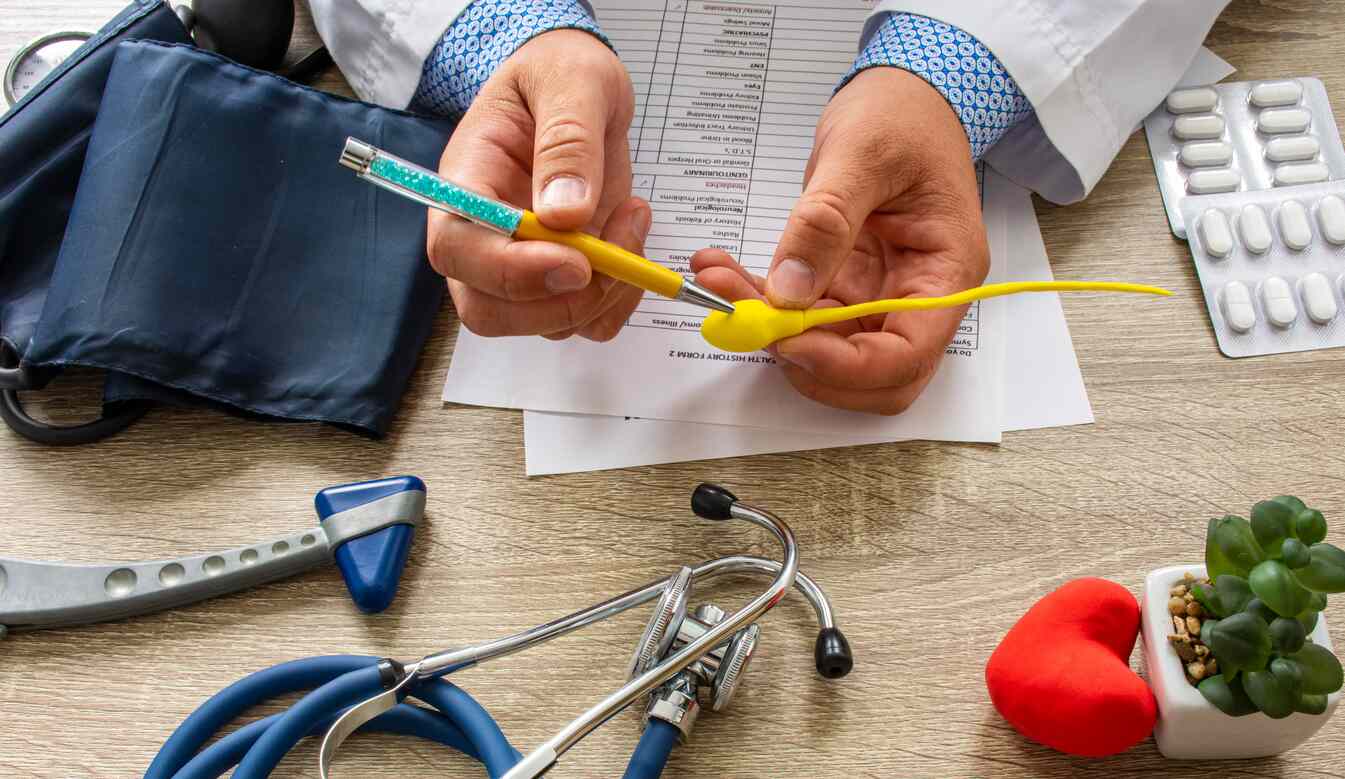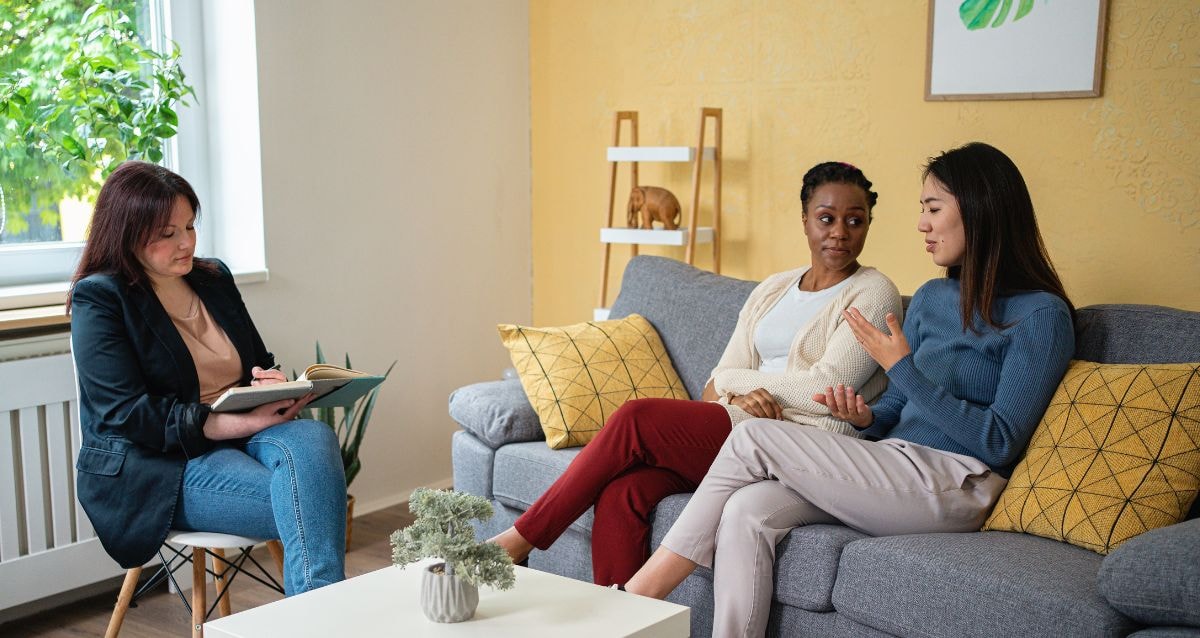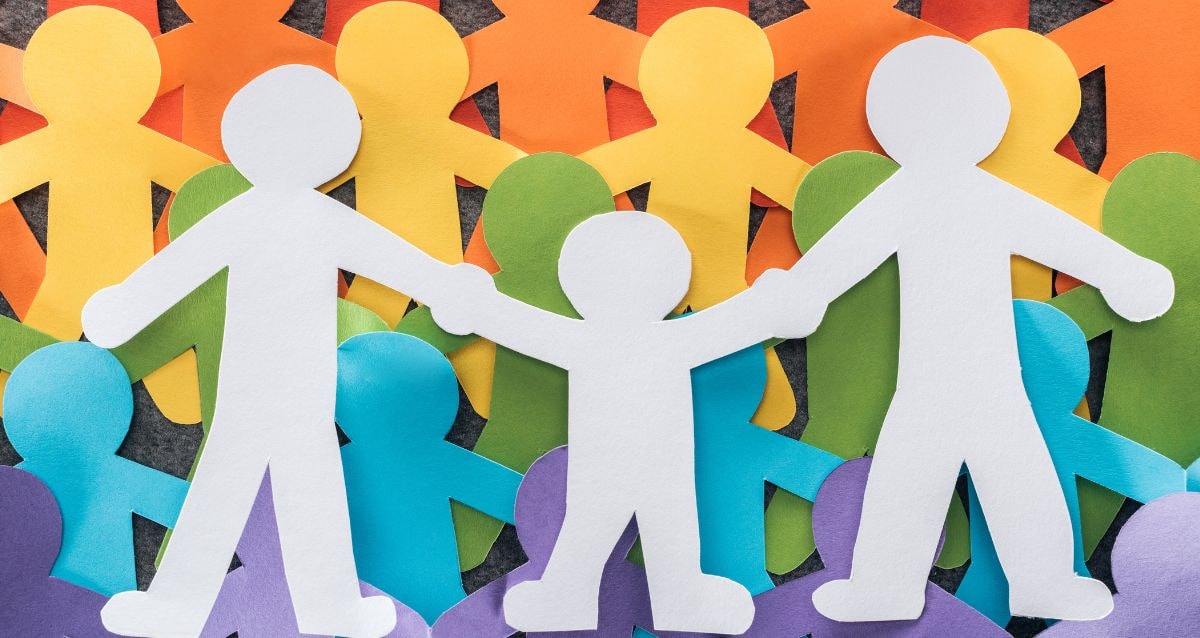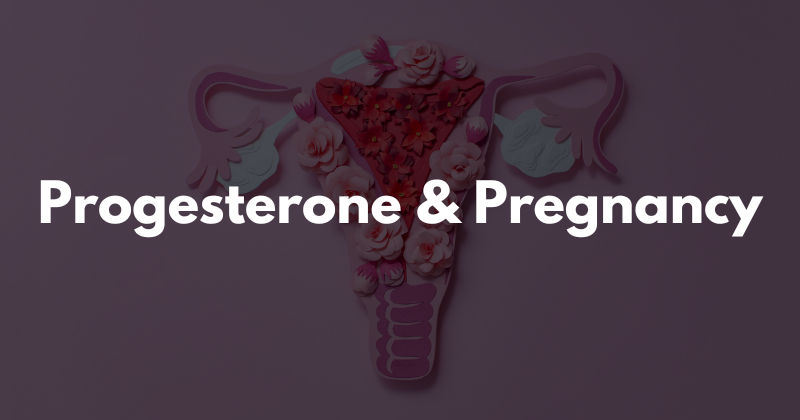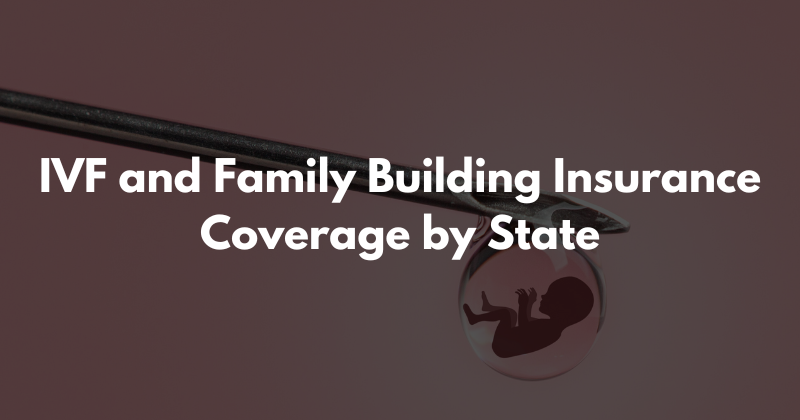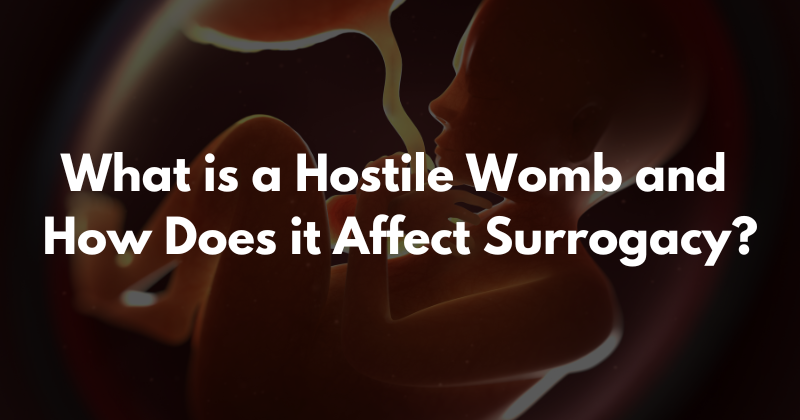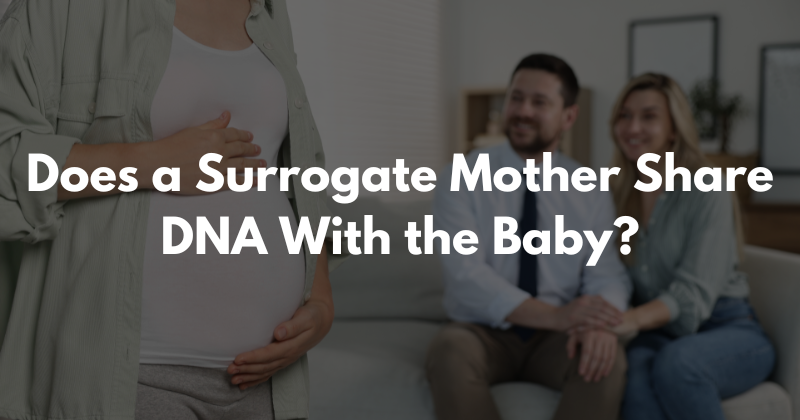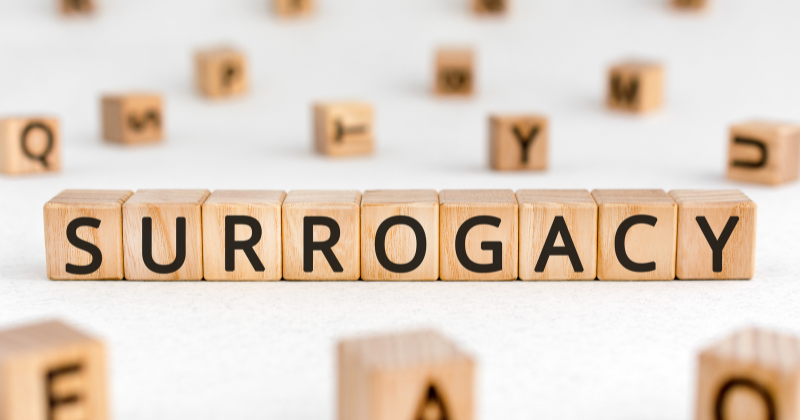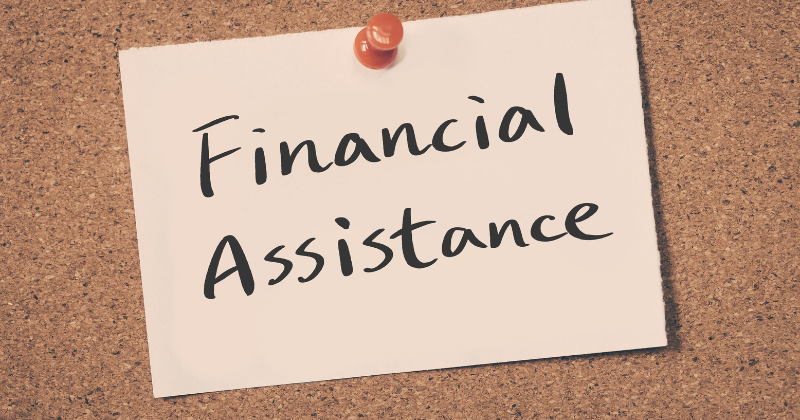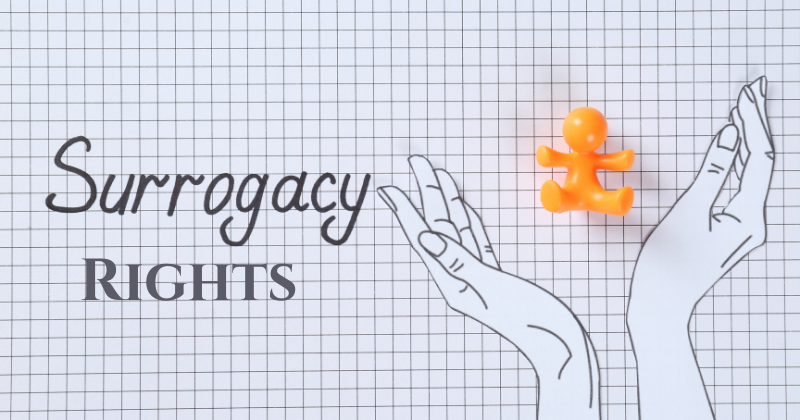The longing to build a family and nurture a child is a significant, natural desire for many women, yet there are several reasons why a woman may not be able to use her eggs to conceive a child. Egg donation can be an effective fertility treatment for women who are unable to conceive using their eggs. Donated eggs can be the key to making pregnancy possible, and this guide to egg donations for fertility treatment provides helpful insights into the process.
There are many ways to become a parent, thanks to innovations in reproductive technology. One method is through egg donation. Perhaps you’re looking into donating your eggs, or are curious about expanding your own family, and considering working with an egg donor to do so.
For donors, the compensation can be competitive, as it’s an intricate process with age and health requirements to ensure the best success of the pregnancy. Yet for some, the egg donation process might seem invasive, as it involves looking into your family health history and testing for certain sexually transmitted infections.
Here’s what you need to know about egg donor requirements and what to expect from the egg donation process.
The Role of Egg Donors
Egg donors provide healthy oocytes (or egg cells) to others that will be combined with sperm and become an embryo. Recipients of the donation could be a single parent who may or may not work with a gestational carrier (who carries and delivers the baby for another person, with no biological link to the child), a heterosexual couple potentially dealing with infertility issues or an LGBTQ+ couple, explains Asima Ahmad, M.D., a board-certified OB-GYN and reproductive endocrinologist and co-founder and chief medical officer of Carrot Fertility.
The process may consist of the egg donor first syncing up their menstrual cycle with the recipient’s cycle using birth control pills to ensure optimal fertility, according to the University of California San Francisco health department. Then, the donor must receive hormone shots to stimulate ovulation, and undergo an uterine egg retrieval procedure under light general anesthesia. However, in many cases, frozen eggs are used when donating eggs, allowing the donor to skip the step of syncing up their cycle with the recipient.
“The eggs are fertilized in a lab with sperm to create embryos, and then the embryos are transferred to the recipient’s uterus,” Dr. Ahmad explains. That recipient could either be the parent, or might be a gestational carrier.
Prospective parents might choose to use a donor for a variety of reasons, including that they’re a male same-sex couple, have poor egg quality or an absence of eggs or have experienced early menopause, adds Catha Fischer, M.D., a board-certified OB-GYN, reproductive endocrinologist and director of fertility preservation at Spring Fertility New York. In addition, people that are unable to use their own eggs or choose not to also may consider using an egg donor.
Meanwhile, people may choose to be egg donors for a number of reasons, including wanting to help families in need or for financial reasons.
Egg Donor Requirements
The suggested requirements for egg donations—which vary based on the clinic—are set up for optimal egg quality, as well as for the wellness and safety of the egg donors, explains Dr. Fischer. Here are some key egg donor requirements:
Age
Most clinics require donors to be a certain age, typically between ages 21 and 30, as overall egg quality and quantity are strongest in your twenties, says Dr. Fischer. It can depend on the situation, though. “The upper age limit may vary based on the egg donor bank or clinic, and in some cases of a known donor (i.e. a relative or friend donating), an older age may be accepted,” says Dr. Ahmad.
Health Conditions
There are prerequisites set up for donors, not to be exclusionary or cause harm, Dr. Fischer explains, but for the safety and health of the donors and for the best egg quality. Some of these health requirements for egg donors, according to Dr. Ahmad and Dr. Fischer, include:
- No serious medical conditions
- A body mass index range that’s considered “healthy,” somewhere from 18.5 to 24.9
- A negative genetic screening panel, with no known genetic mutations that would match with the sperm source
- No smoking
- A negative screen for sexually transmitted infections to decrease the risk of transmission
- No known family history for medical conditions like cancer
The American Society of Reproductive Medicine (ASRM) also recommends a physical screening of the donor to examine their pelvic anatomy for fertility and their levels of hormones that stimulate egg follicle production. Meanwhile, U.S. Food and Drug Administration (FDA) requirements include a donor questionnaire about medical and sexual history and a lab test for any sexually transmitted infections.
ASRM additionally recommends that donors go through psychoeducational counseling both to screen for mental health conditions and to ensure that the donor is mentally prepared to undergo egg donation. A legal consultation is also something ASRM strongly recommends, so that donors know exactly what they’re agreeing to as well as their rights following the donation.
All in all, the ASRM recommends donating no more than six times, if you so choose
Where Do You Donate Eggs?
Egg donors are paid somewhere in the range of $10,000 plus per cycle (although that can vary based on the clinic), says Dr. Ahmad. “The compensation is not a ‘payment’ for their eggs, but for their time and effort in the process,” she adds. You may end up donating eggs for multiple cycles, and you might receive more compensation for agreeing to do so, according to Dr. Ahmad. “This is because the donor’s cycle was successful and yielded a good number of healthy eggs and/or embryos, or resulted in a successful pregnancy,” she says.
The process of donating eggs typically begins with an initial survey online, and possibly a follow-up interview, says Dr. Fisher. “Once that preliminary screen is complete, we evaluate potential donors with an ultrasound to assess for ovarian reserve and blood tests (such as infectious disease and genetic screens),” she says.
By the end of the extensive testing process, about 2% to 3% of people are able to proceed as donors, according to Dr. Fisher. Donors are chosen from there, and will go through one cycle to freeze their eggs, or can stay in a donor registry in order to go through a fresh cycle, she adds. Once the eggs are extracted from the donor’s uterus and transferred to a lab for the creation of embryos—and eventually, transferred to the recipients’ uterus—both the donor and recipient will have to sign a legal agreement. Both parties can decide whether or not any future contact is possible, and if the children ever want to reconnect with their biological donor, according to the Legal Professional Group, a division of the American Society for Reproductive Medicine.
Potential Risks for Egg Donors
Egg donation also has some potential health risks for donors. Some of those include severe ovarian hyperstimulation syndrome, which can cause extreme swelling in the ovaries, but is rare, according to ASRM.
There are also small risks of complications from the egg retrieval procedure due to anesthesia. In addition, it’s not well-researched on the impact egg donation may have on the donor’s ovarian reserve, should they want to have biological children of their own in the future.
Mental health risks for donors are also a factor. It’s possible that donors could feel regret after egg donation, one of the reasons why the ASRM suggests counseling sessions beforehand. And even if the donor intended to stay anonymous, their identity can potentially be discovered with the assistance of readily available DNA test kits and even social media, which could be difficult for donors to cope with.
Even if it’s a taxing mental and physical process, many people do choose to donate eggs for altruistic reasons, says Dr. Ahmad. “They find the experience to be rewarding, and many say this in itself is enough and see it as a way to give back to the infertility community,” she says.
Creative Love is a leading Egg Donor and Surrogacy Agency in Florida, and we have been assisting and guiding egg donors through the entire process. Creative Love follows high professional standards, provides unparalleled care, and offers the best compensation to our egg donors. Whether you are ready to begin your journey into egg donation or are exploring the subject, we are available to help! Call us at 954.776.9878 or join our Instagram community here.
Reference: [ https://www.forbes.com/health/womens-health/egg-donors-for-fertility-treatment/ ]
Wendy Arker entered the field of infertility with a huge heart and passion to guild others on their quest to grow their own family after her personal journey with infertility and turning to egg donation and sperm donation to create her own family. Being a single-mother-by-choice, Wendy understands firsthand the unique way families are built. Whether you’re a married couple, single, or LBGTQ, Creative Love is committed to assisting you.






